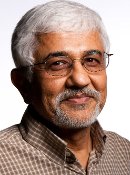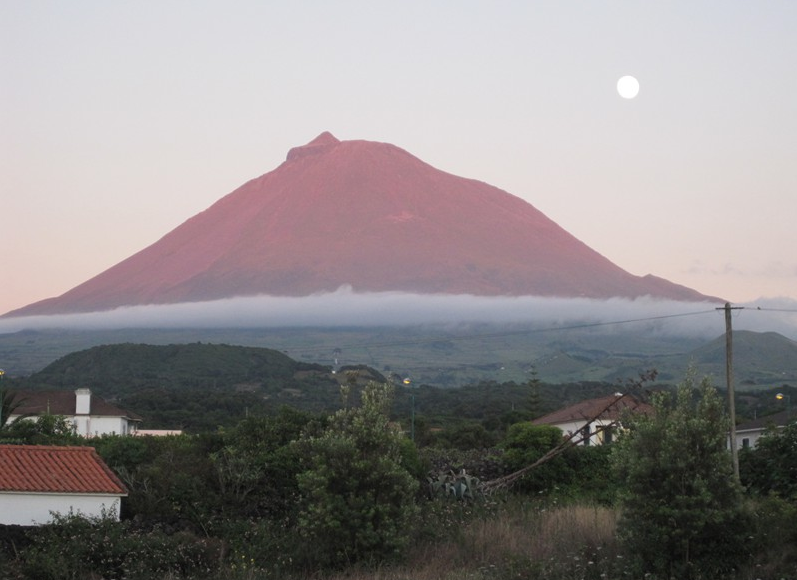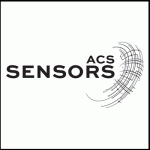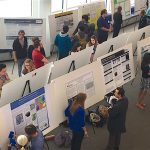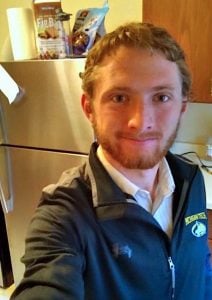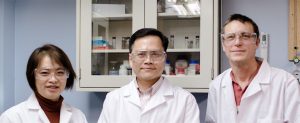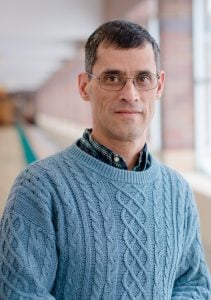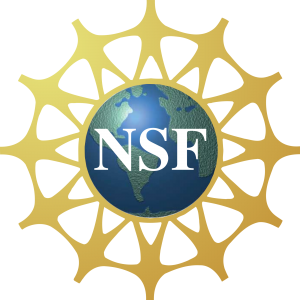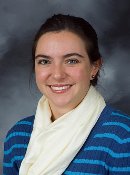 Merelaniite, a new mineral discovered by Michigan Tech professor John Jaszczak, was named Mineral Of the Year for 2016. The mineral was selected by the International Mineralogical Association (IMA). Sergey V. Krivovichev of the IMA says this annual initiative was started in 2014, and “recognizes a single new mineral species published in the previous year as most interesting and outstanding among others.”
Merelaniite, a new mineral discovered by Michigan Tech professor John Jaszczak, was named Mineral Of the Year for 2016. The mineral was selected by the International Mineralogical Association (IMA). Sergey V. Krivovichev of the IMA says this annual initiative was started in 2014, and “recognizes a single new mineral species published in the previous year as most interesting and outstanding among others.”
Congrats!
